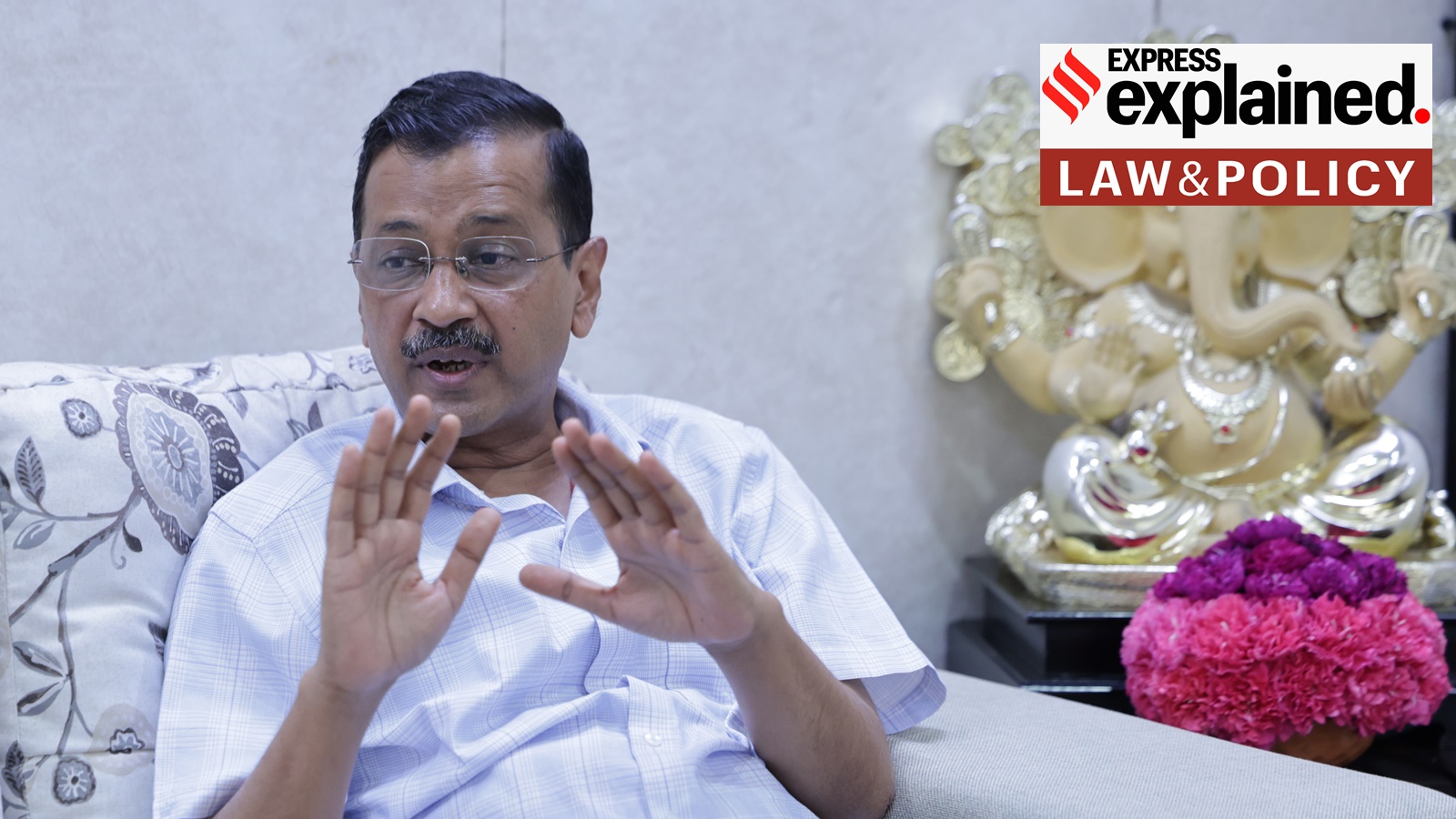 |
|
The Supreme Court of India on September 5, 2024, reserved its decision on the bail plea of Delhi Chief Minister Arvind Kejriwal, challenging his arrest by the Central Bureau of Investigation (CBI) under the Prevention of Corruption Act, 1988, in connection with the Delhi excise policy case. The legal arguments presented by both sides, Senior Advocate Abhishek Manu Singhvi for Kejriwal and Additional Solicitor General (ASG) S V Raju for the CBI, centered around the legality of Kejriwal's arrest and the justifications for denying him bail.
Singhvi argued that Kejriwal has already been granted bail on three separate occasions, including twice by the Supreme Court, which suggests a lack of merit in the CBI's accusations. He pointed out that Kejriwal's arrest, while he was already in custody, was an “insurance arrest” made to ensure his continued imprisonment while his bail plea in the Enforcement Directorate (ED) case was pending. Singhvi further argued that Kejriwal was arrested without a warrant despite none of the conditions outlined in Section 41 of the Code of Criminal Procedure, 1973 (CrPC) being met. He argued that Kejriwal, as an acting Chief Minister, is not a ‘flight risk’ and there is no evidence of him tampering with evidence or threatening witnesses.
Raju, representing the CBI, argued that Kejriwal should have first sought bail from the trial court before approaching the Delhi High Court. He also contended that Kejriwal’s arrest was justified based on the Special Court's permission and that his actions during the investigation, including attempts to influence witnesses, warrant his continued detention. Raju countered Singhvi's argument that Kejriwal was arrested without a warrant by stating that the CBI received permission to arrest him on June 25, making Section 41 inapplicable. Regarding the notice requirement under Section 41A of CrPC, Raju claimed that since Kejriwal was already in custody, the notice was ‘deemed’ to be served. He emphasized that Kejriwal's refusal to cooperate during interrogation and attempts to mislead the investigation justified his arrest.
Source: Kejriwal bail plea in CBI case: Main arguments before Supreme Court
